Controlling our happiness (Mihaly Csikszentmihalyi and Flow)
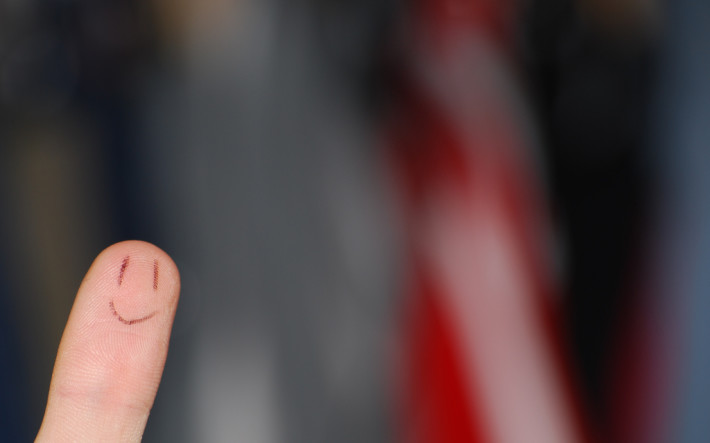
Why are we not ecstatically happy? At the very least we should be supremely content. Our species has had thousands of years to sort ourselves out. In more recent times, our civilised society has had a few centuries to get things in order. We have advanced scientifically, philosophically, theologically, economically, and technically far beyond what our ancestors could imagine. Surely we have figured out by now how to achieve wide-spread happiness.
I ponder this question as I re-read Flow, Mihaly Csikszentmihalyi’s book on optimal experience. In Flow, Mihaly shares what he learned from decades of research which included thousands of interviews, questionnaires and electronic paging techniques to assess when people feel most “happy”.
Flow versus be-do-have
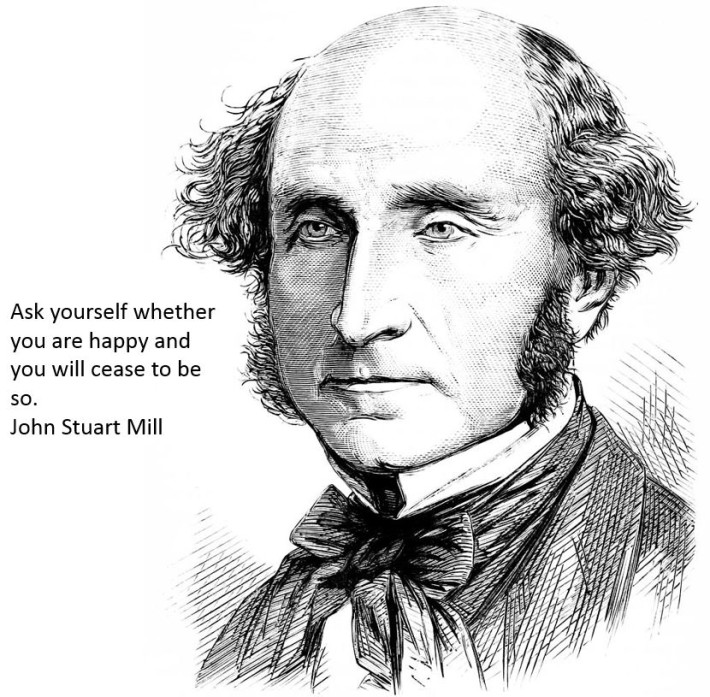
Across cultures, generations, and life positions, Mihaly found people described happiness as their ability to control their inner experiences to the point that they experience “flow”. This flow is “the state in which people are so involved in an activity that nothing seems to matter; the experience itself is so enjoyable that people will do it even at great cost, for the sheer sake of doing it”.
As I read the description, I hear the voice of those who might say “Yes, Chad, but you do not know my situation”. A scroll down my Facebook stream this morning highlighted many challenges to our quality of life. These impacts are personal like the story of inspirational teacher Jeffrey Wright, external such as the Japanese nuclear disaster now contaminating fish off California, and even inherited as some people just learn to hate.
And yet Mihaly received reports of people in flow even in situations of extreme stress. I will explore how this is possible in a later post, but for now I consider the segment of society who have general control of their faculties and have many of their basic needs met.
It can seem happiness becomes more elusive the more it is pursued. We believe that what counts most in our lives is that which occurs in the future. We are taught early on that when we grow up things will get better. Hollywood teaches us there is almost always a happy end. As Annie sings, “the sun will come out tomorrow”. The value of keeping in mind a positive future state seems to come at a cost of being content in the moment.
The situation is what was once described to me as the “Be-Do-Have” trap. Once I do this thing, I will have my desires, and I will be happy. Yet once we have done the thing and receive our rewards, we are just as discontented as before, if not more. All is not lost, however, as just beyond the horizon we see happiness if we only do one more thing.
Giving up control to physical urges and societal structures
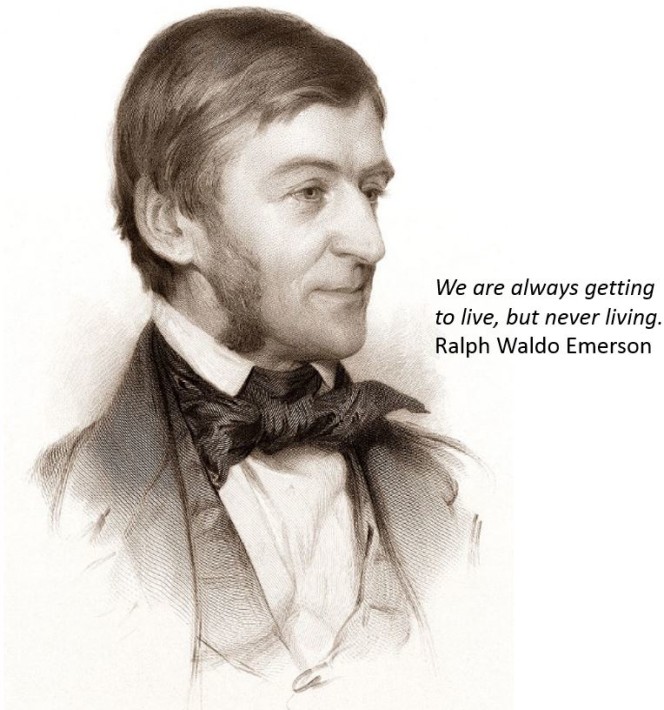
We might be forgiven for succumbing to this cycle based on two evolutionary factors: our biological needs and genetic conditioning. These two physical drivers underpin much of what we see in society. Almost all media is designed to create in us a state of unrest, a need that can be satisfied if only we part with our time, money or social capital. Politicians, churches, corporations and advertisers all have a history of exerting upon us pressure to direct our thoughts and actions and telling us how we should feel.
This pressure creates a control to make people respond predictably towards rewards or punishments. These controls are aimed not at our behaviours or intent, but at our beliefs and attitudes. As I have explored recently in my series on careers, we can question whether we are making our own choices or if we just along for the ride.
Addressing our discontent
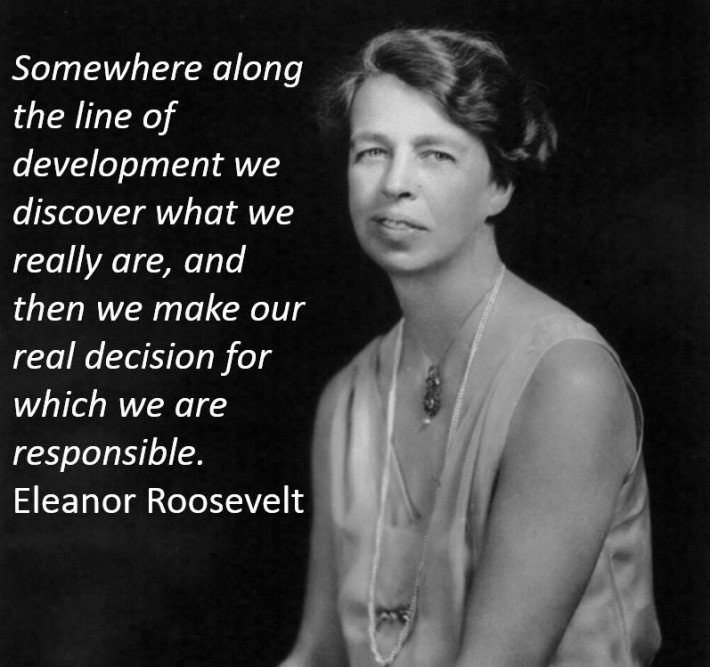
The result is what Mihaly defines as an existential dread, a fear of being, a feeling that there is no meaning to life and that existence is not worth going on with. It is tempting to treat this as a “first world problem”, with prescriptions to get over it, suck it up, and “shut the full cup”.
What we are actually seeing is what Mihaly describes as “cultural hubris”, or “an overweening presumption about what we are entitled to from a universe that is basically insensitive to human needs.” He explains the condition further:
“When people start believing that progress is inevitable and life easy, they may quickly lose courage and determination in the face of the first signs of adversity. As they realise that what they had believed in is not entirely true, they abandon faith in everything else they have learned [and] flounder in a morass of anxiety and apathy.”
We see a few responses to this angst. First, we might ignore the sensation and further embrace the controls placed on us by society. We adapt to work within the controls and pursue the “good life”.
A second option is to focus on what can be symptoms of our angst rather than the root cause. We blame our physical condition so start working out and diets. We address our jobs and relationships by investing in professional development and self-help programs.
Third, we retreat and escape into an oblivion created through chemicals, hobbies, or the simple glow of the television screen. Finally, many may turn to religious structures as a means to give over control to something outside of themselves.
Regaining control
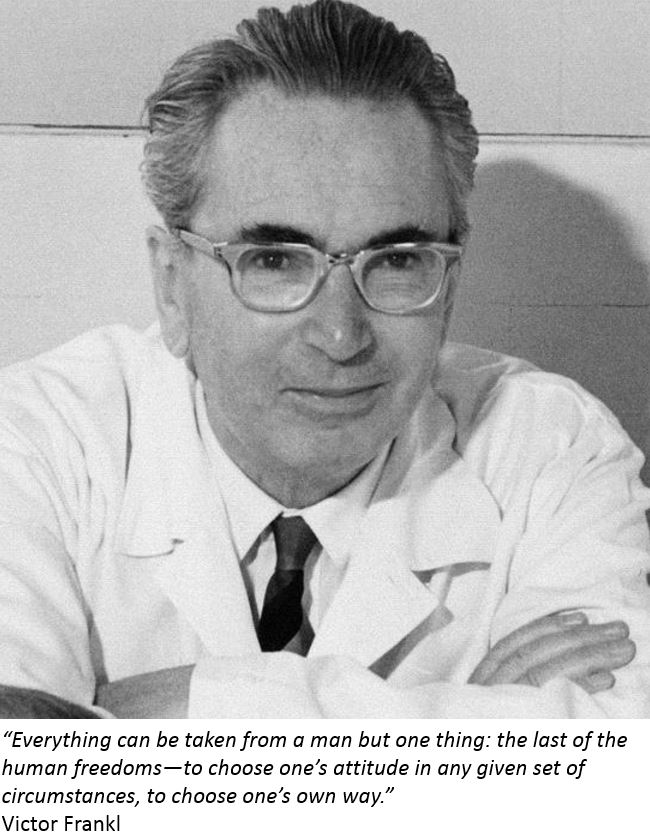
Control seems an odd word to be so closely related to happiness, but it makes sense reading through Flow’s outcomes. We each have an inherent human condition made up of desires and urges. This condition motivates us towards certain directions. We control these urges through our consciousness based on resiliency and discipline developed through learned behaviour and genetic programming.
Except we are not always consistent in controlling these urges or even knowing in which manner we should apply ourselves. As such, society comes along and gladly takes over control where we have proven incapable. If we leave ourselves open to the whims of our genetic programming or the agenda of others, we become vulnerable for others to exploit our preferences for their own ends. If control is associated with happiness, then an antecedent to happiness is helplessness.
The solution to this helplessness is to become independent of the dictates of the body and take charge of what happens in the mind. We also take control of our desires to become free of societal rewards and learn how to replace them with rewards that are under our own power.
The characteristics of how we gain control are the content of the other nine chapters of Flow to which I will save for other posts. Suffice it to say it relates to the concepts of mastery, purpose and autonomy referenced by Daniel Pink in his book Drive and which Mihaly describes below:
“To overcome the anxieties and depressions of contemporary life, individuals must become independent of the social environment and to the degree that they no longer respond exclusively in terms of its rewards and punishments. To achieve such autonomy, a person has to learn to provide such rewards to himself / herself, to find enjoyment and purpose regardless of external circumstances… Achieving control over experience requires a drastic change in attitude about what is important and what is not.”
I started out asking why we as a society have not figured out how to define our happiness. The reason is that it is not society’s job to make us happy. Society is in fact motivated to exert control in ways that may make us decidedly unhappy. It is therefore each person’s responsibility to own happiness for themselves. This is a somewhat unsatisfactory response in the age of easy self-help snippets, in that it requires effort, ownership, and discipline of thought and action.
This ownership does not translate directly to self-centeredness. Rather, we gain control over our own happiness so that we can then find greater fulfillment in helping others. As Victor Frankl said, “For success, like happiness, cannot be pursued; it must ensue… as the unintended side-effect of one’s personal dedication to a course greater than oneself.”
This blog is an expression of my own pursuit of sharing how we all work to help us make the most of the short time we have on this planet. If sharing is on your list of what is important, I invite you to add your thoughts below.

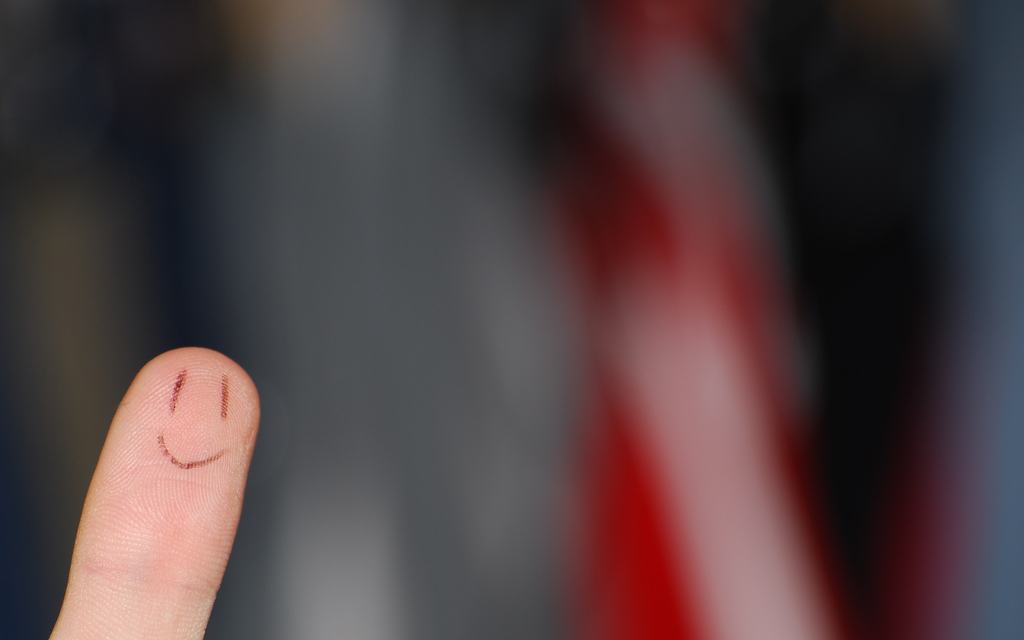
1 thought on “Controlling our happiness (Mihaly Csikszentmihalyi and Flow)”
Comments are closed.